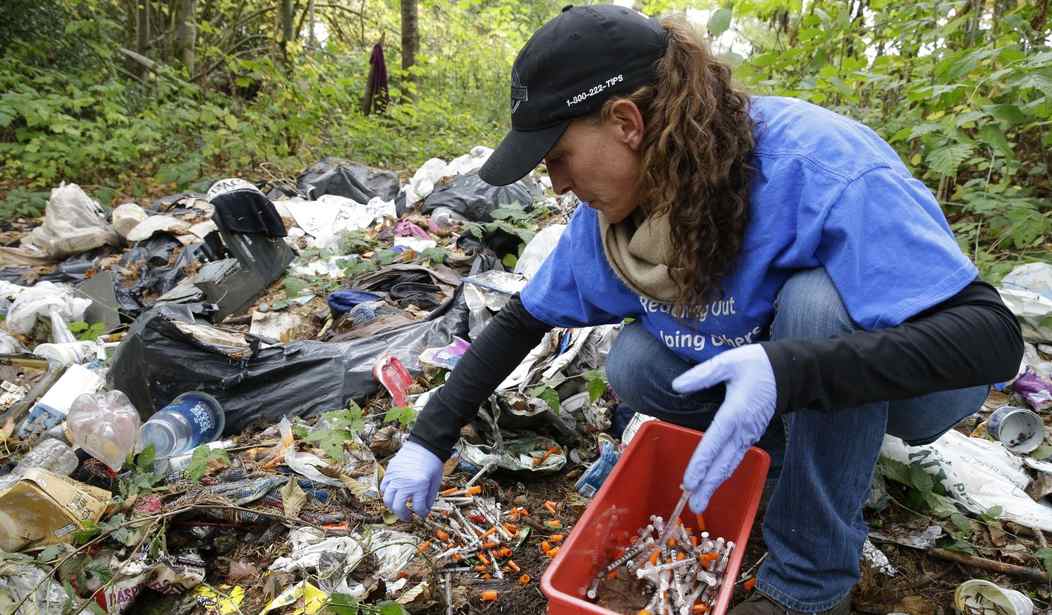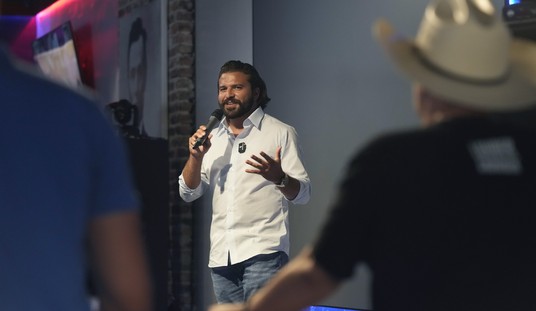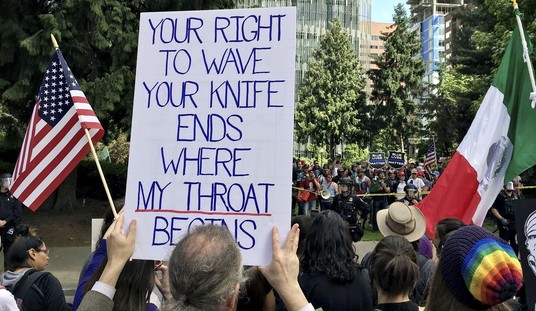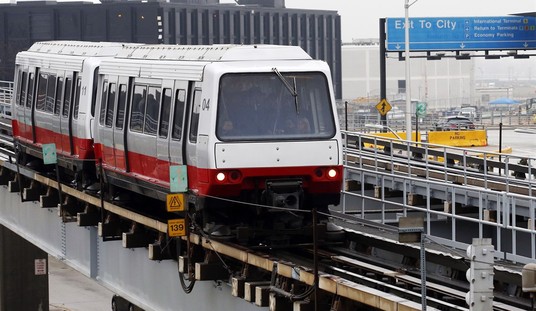As we reported a couple of days ago, San Francisco has had about ten fatal drug overdose deaths for every one homicide in the city, but the über-lefties in charge of the local government has taken a much more hands-off approach to dealing with the epidemic of opioids than it has “gun violence”. While drug trafficking busts are still taking place (particularly those run by the federal government), low-level dealing and possession have in essence been decriminalized by guys like District Attorney Chesa Boudin, and the city is even opening a “safe consumption site” in the coming months to give addicts a place to shoot up under the watchful eyes of healthcare workers.
Meanwhile, those who’d like to find a place to safely (and legally) shoot a gun in San Francisco are out of luck. The city has no gun ranges open to the public, no gun stores since High Bridge Arms shut down for good in 2015, and no real culture of responsible gun ownership to speak of. City leaders have done a bang-up job of making guns taboo in San Francisco, though they’ve had plenty of help from state-level politicians as well.
The most recent exercise in anti-gun activism came this past weekend, when the group United Playaz hosted the city’s annual gun “buyback”, and took in more than 200 firearms.
People turning in guns yesterday, just like prior years, were offered $100 cash for handguns, rifles, and shotguns, as well as $200 cash for automatic weapons. The cash rewards were offered to anyone who surrendered their firearms — “no questions asked.”
“One hundred dollars for a handgun, two hundred for an assault rifle — no questions asked,” said United Playaz member Everett Butler. “You just drive up. You could have a trunkful. Open your trunk, they count the number out — cash you out.”
The coverage of the compensated confiscation event from local website SFist is exactly what you’d expect, with praise and high expectations that the event will actually make the city a safer place.
However, with fewer guns in circulation, there’s less of a chance of firearms causing unnecessary tragedies in San Francisco.
SFPD Captain Tim Falvey also said Saturday that these buybacks also stop guns from falling “into the hands of criminals,” as well as those who are suffering from mental health issues — which could stop them from committing self-harm, as well.
“If they don’t have the means to hurt themselves, maybe it gives them time to reach out for help and prevent themselves from harming themselves,” Falvey said to the news oulet. “And that’s an important part of this as well.”
With all due respect to both the violence prevention advocates at United Playaz and Capt. Farley with the San Francisco PD, there’s really no part of this past weekend’s “buyback” that’s truly important, other than the fact that there’s absolutely no evidence that these programs work to reduce shootings, homicides, accidents, or suicides involving firearms. Do they have a public relations benefit for anti-gun politicians and non-profits who want to claim they’re “doing something”? Sure. Do they have any public safety benefit? Not at all.
While policymakers are fiercely debating whether to allow public funds to be used for GBPs [Gun Buyback Programs], next to nothing is known about the effectiveness of prior GBPs in U.S. cities. This paper is the first to present evidence on this question. We highlight three key findings.
First, using data from the 1991-2015 National Incident Based Reporting System (NIBRS), we find no evidence that GBPs are effective at deterring gun crime either in the short- or longer-run. The precision of our estimates is such that, with 95 percent confidence, we can rule out decreases in gun crime of 1.3 percent in the 12 months following a GBP and 2.3 percent a year or more after a GBP.
Second, in the two months following a GBP, we detect a small increase in gun crimes with no corresponding change in non-gun crimes. This finding is consistent with a possible criminal response to perceptions about the likelihood of self-defense among law-abiding gun owners.
Finally, turning to data from the National Vital Statistics System (NVSS), we find no evidence that GBPs affected firearm-related suicides or homicides.
That research was published earlier this year by the National Bureau of Economic Research.. not exactly known as a hotbed of pro-2A activism. Yet the only effect that researchers were able to attribute to gun “buyback” programs was a slight increase in gun-related crimes in the months following a turn-in event.
So no, I’m not impressed with United Playaz or the San Francisco PD for touting this compensated confiscation event. But I do have one question for those who still insist that the city will benefit from its buyback: when are y’all gonna hold a drug buyback event to take all those illegal drugs off the street? I mean, if we’re concerned about self-harm there are far more residents killing themselves with fentanyl and heroin than a firearm. And with fewer drugs in circulation, there’s less of a chance of them being consumed and causing unnecessary tragedies, right?
Now, the idea of addicts and drug dealers handing over their supply in exchange for a gift card may seem laughable, but is it any less realistic than believing a gun “buyback” is going to take guns away from violent criminals? If San Francisco is going to depend on ridiculous public relations stunts like compensated confiscation of firearms, the city’s leaders might as well embrace the absurdity and do the same for the illegal drugs that have killed hundreds of residents this year.
Personally, I’d prefer San Francisco get serious about both violent crime and drug overdose deaths, but until there’s a political earthquake in the Bay Area, I don’t see that happening. If District Attorney Chesa Boudin is successfully recalled next June I’ll be happy to revise my opinion, but for now I can’t help but believe that San Francisco’s downward spiral hasn’t reached rock bottom yet.









